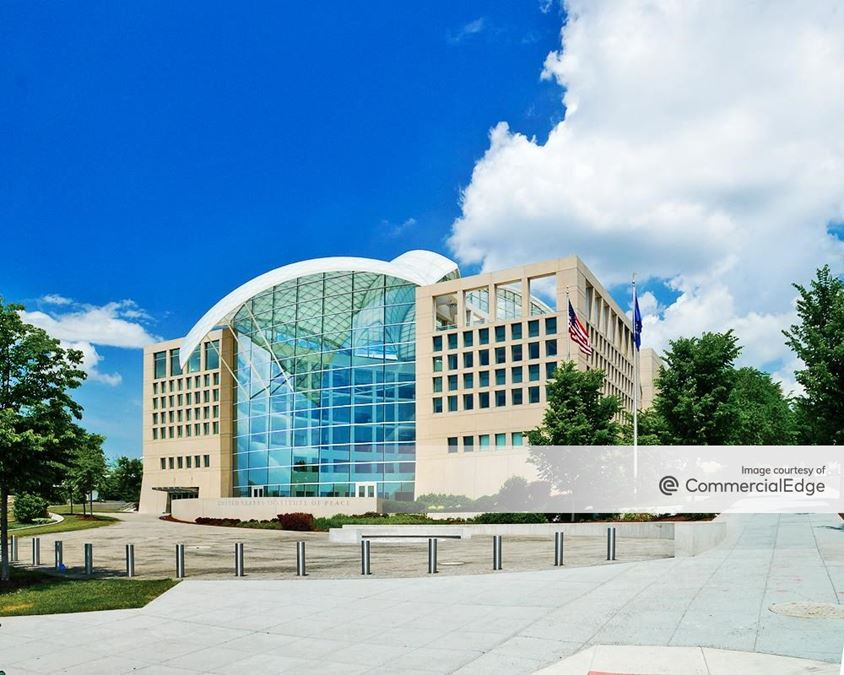United States Institute of Peace
The United States Institute of Peace is a national, nonpartisan, independent institute, founded by Congress and dedicated to the proposition that a world without violent conflict is possible, practical and essential for U.S. and global security. In conflict zones abroad, the Institute works with local partners to prevent, mitigate, and resolve violent conflict. To reduce future crises and the need for costly interventions, USIP works with governments and civil societies to build local capacities to manage conflict peacefully. The Institute pursues its mission by linking research, policy, training, analysis and direct action to support those who are working to build a more peaceful, inclusive world.
Why a U.S. Institute of Peace?
What USIP Does
Serves as a nonpartisan government partner and trusted intermediary among foreign governments, civil society, and U.S. government officials.
Works in conflict zones at the community level and with national and regional governments, with a focus on connecting top-down and bottom-up initiatives.
Applies research through training, education, policy recommendations, and application of best practices.
Partners with stakeholders around the world to research, support, and advance strategies to prevent, mitigate, and resolve violent conflict.
Draws on its exceptional convening power to bring together diverse audiences to exchange knowledge and ideas necessary for developing solutions to the most pressing peace and security challenges.
How USIP Advances Peace and U.S. National Security
Across Africa, Asia, and the Middle East, USIP brings together young civil society leaders working for peace for a training and mentoring program. Since 2014, the Generation Change Fellows Program has trained almost 300 youth leaders from 27 countries. In the past eight years, these young leaders have engaged over a million citizens across their communities.
In Colombia, USIP expanded the role of women and minorities in the negotiations that ended 50 years of civil war in 2016. The Institute trains and supports local organizations to build peaceful solutions for the inevitable conflicts that arise with implementation.
In Iraq, USIP and its partners are facilitating reconciliation dialogues to heal the deep divides left by the ISIS occupation. The dialogues have led to six accords, which have permitted the return of more than 800,000 displaced Iraqis.
In Nigeria, USIP convenes the country’s influential state governors with civic and religious leaders to develop pragmatic strategies for reducing the root causes of radicalization and the Boko Haram insurgency.
In Washington, USIP facilitates bipartisan commissions—at the request of Congress—on the toughest policy issues, including how to address the underlying causes of extremism in fragile states and policy options for the complicated conflict zones.
USIP researches policy options for the U.S. government to avert or end violence. Recent research focuses on global and regional interstate competition, particularly a rising China and a more assertive Russia, as well as on the risks from North Korea.


